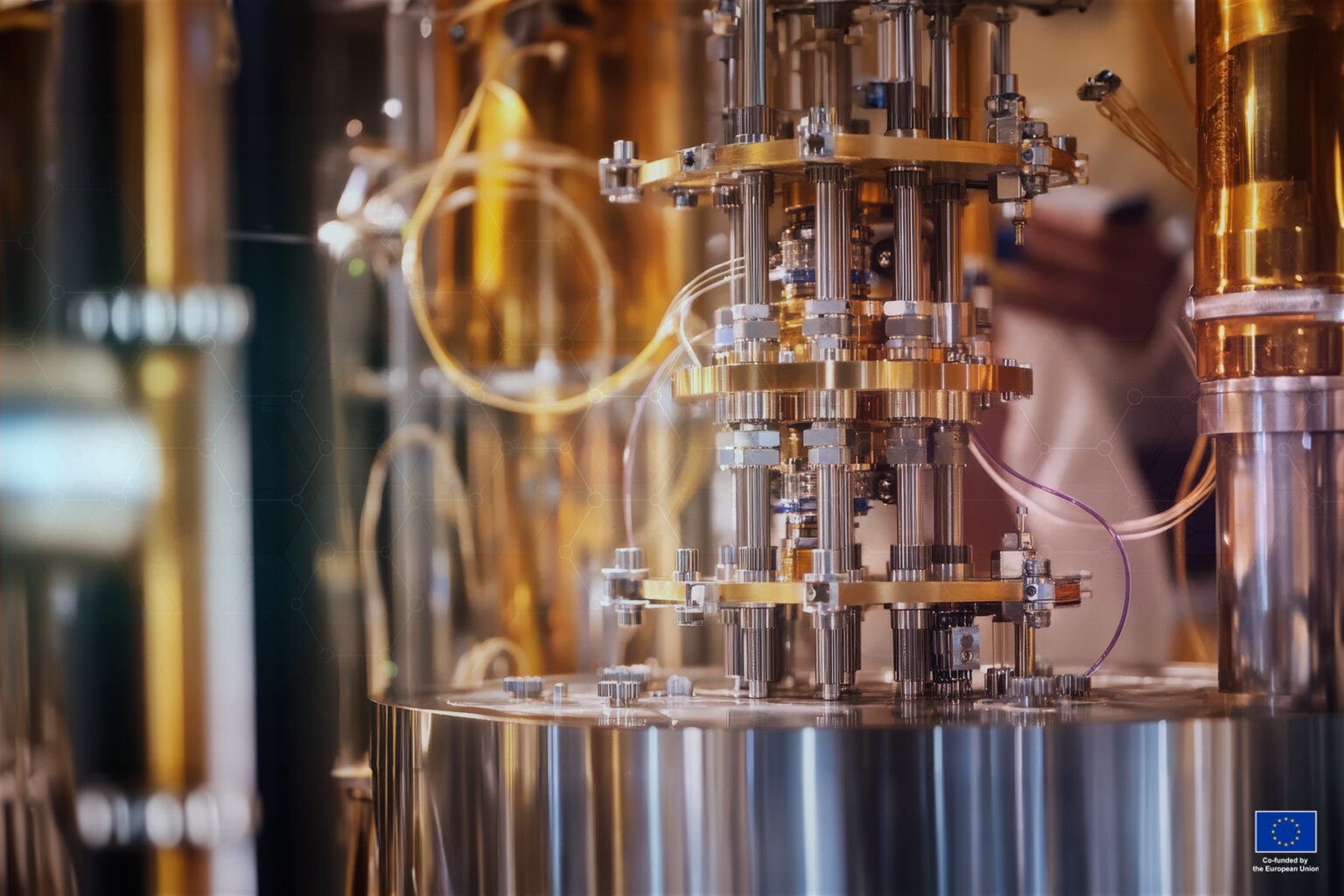

VTT researchers maps quantum AI roadmap in their latest IEEE study
Finnish researchers have mapped out the technical roadblocks preventing quantum computers from revolutionising artificial intelligence, and identified the hardware and software breakthroughs needed to overcome them. Whilst the technology could unlock $2 trillion in value by 2035, critical challenges in data transfer and qubit stability must first be solved.

Text by Martti Asikainen, 1.10.2025 | Photo Adobe Stock Photos

The convergence of quantum computing and artificial intelligence promises transformative breakthroughs in materials science and complex simulations, but according to VTT, significant technical barriers stand in the way. VTT researchers report having identified key breakthrough areas that could unlock the full potential of quantum AI.
In a peer-reviewed study published in IEEE Nanotechnology journal, VTT researchers Pekka Pursula, Ahmad Farooq, Anssi Laukkanen, and Piia Konstari explore how quantum computers could revolutionise AI applications. Their analysis reveals a symbiotic relationship between AI and quantum computing: whilst AI stands to gain enormously from quantum computing once the technology matures, quantum computing is already benefiting from AI advancements in many ways.
Currently, AI development follows a corporate-driven agenda with massive investment and attention. Quantum computing, whilst generating excitement in specialised circles, operates at a smaller scale. Yet the economic stakes are believed to be enormous. Projections from McKinsey & Company suggest quantum computing could generate up to $2 trillion in value by 2035.
Hybrids provide the solution – if data transfer work
The researchers conclude that quantum computers alone won’t meet AI’s future computing demands. In practice, the solution lies in hybrid computing systems that combine quantum processors with classical high-performance computing. Such a configuration is reported to be necessary both now and in the foreseeable future.
But what is the biggest challenge of all? According to the researchers, it’s data transfer between quantum computers and supercomputers. Breaking through this bottleneck is essential for hybrid computing to scale to AI’s requirements. The researchers emphasise that we need new hardware solutions to develop more efficient quantum AI, especially as quantum computers are scaled up to larger qubit counts.
The problem is very concrete. Current data transfer rates between quantum and classical systems remain orders of magnitude too slow for real-time AI applications. Whilst quantum processors can execute certain algorithms exponentially faster than classical computers, those gains evaporate if the system spends most of its time moving data back and forth.
Qubits are susceptible to interference
The article describes persistent challenges facing quantum computers. Qubits, the fundamental calculation units, are extremely susceptible to interference, which undermines hardware reliability and requires extensive error correction. Additionally, the internal wiring, cooling systems, and control mechanisms of quantum computers all require breakthroughs.
However, quantum computing brings valuable advantages to several AI application areas. The researchers particularly highlight four key domains where quantum advantages could prove transformative: simulating nature, solving optimisation problems, quantum machine learning, and new AI models that exploit quantum phenomena.
Quantum AI could accelerate discoveries in chemistry, medicine, and materials science simulations by surpassing current classical computational limits. It could also solve complex optimisation problems in logistics, supply chains, and finance.
With regard to hardware development, the researchers focus particularly on superconducting quantum computers, a technology where Finland has established strong expertise. Amongst competing quantum computing approaches, superconducting systems are considered the most mature. These extreme-cold-based machines demonstrated so-called quantum supremacy in 2019, proving their ability to outperform modern supercomputers in certain tasks.
Software and hardware must be developed together
Achieving efficient quantum AI requires progress on multiple fronts. Software optimisation is crucial—quantum computer software must be optimised and the computing workload must be distributed more effectively between high-performance computing and quantum systems. Hybrid algorithms that combine quantum and supercomputer methods need tighter integration with traditional high-performance computing resources.
As a solution to the problem, the researchers recommend superconducting component-based hardware solutions, such as optical control of qubits, cryogenic control electronics, and solid-state cooling.
Critically, exploiting the computational advantages of hardware requires co-optimisation of software and hardware solutions. This is why development work is needed not only in qubit technology but also in other hardware components, software architecture, and hybrid computing systems.


Finnish AI Region
2022-2025.
Media contacts